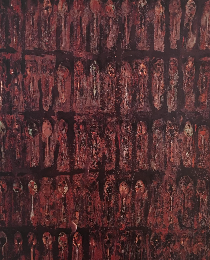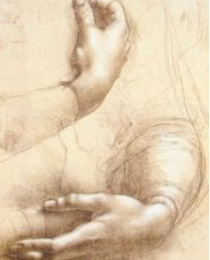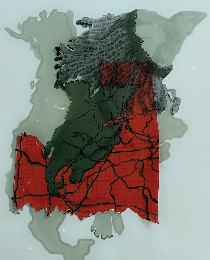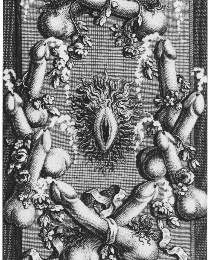Issue 6

Domestic Violence : Barbara N. Nagel

Domestic Violence : Barbara N. Nagel

Like : Jacques Lezra

Like : Jacques Lezra

Dreadlocked Logics of Impossibility : Janine Jones

Dreadlocked Logics of Impossibility : Janine Jones

Necropolitics : Andrés Fabián Henao Castro

Necropolitics : Andrés Fabián Henao Castro

Paradise : Iván Hofman

Paradise : Iván Hofman

Pornography : April Alliston


